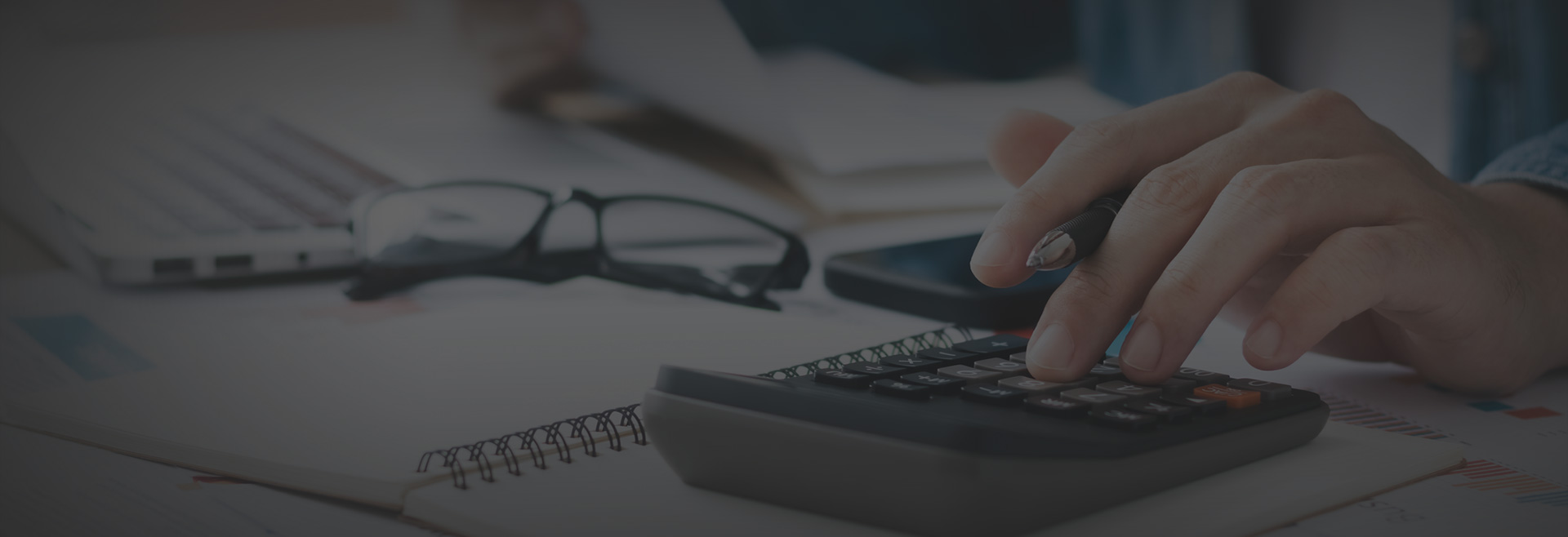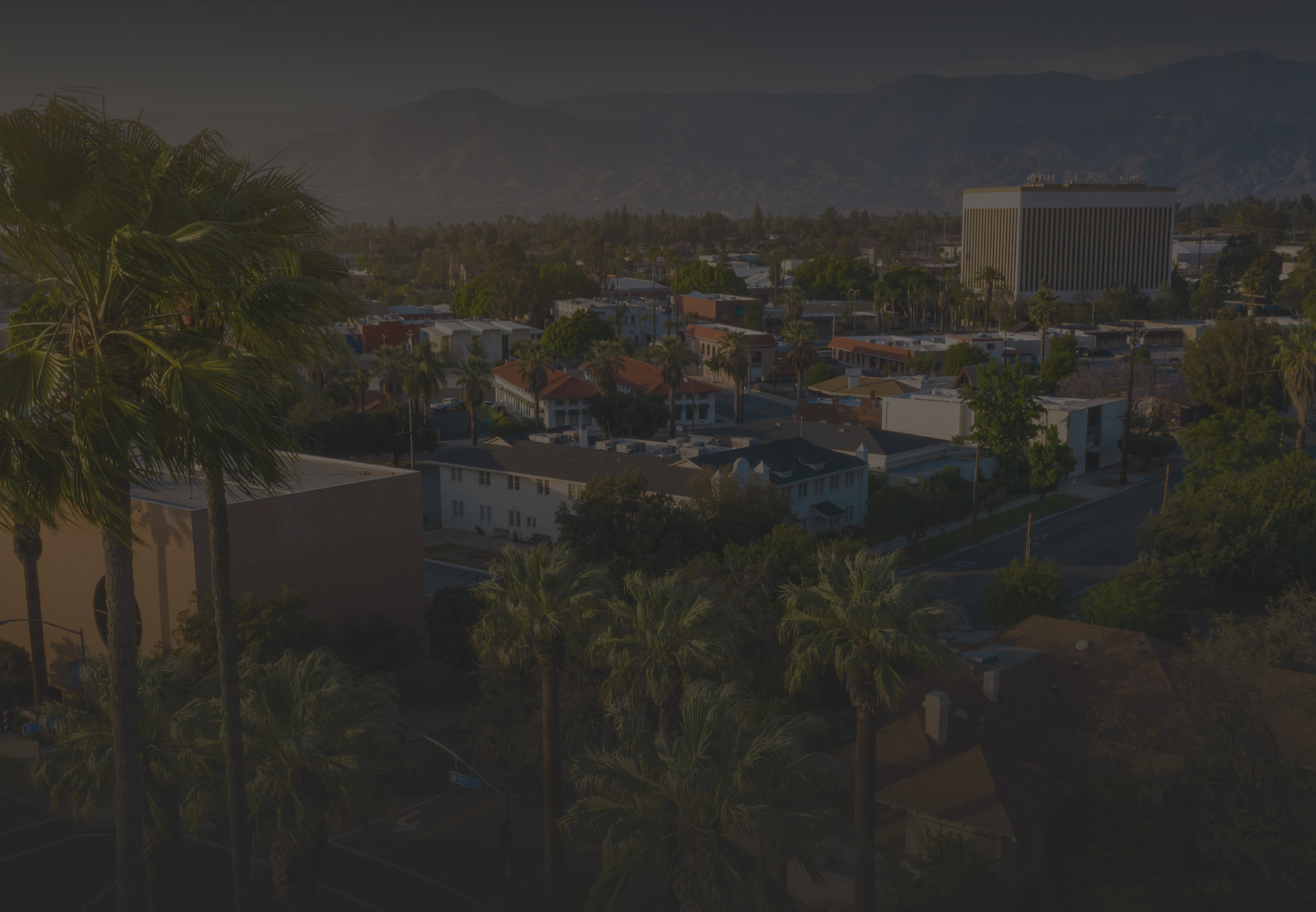
Redlands Chapter 13 Bankruptcy Attorneys
Seasoned Guidance Through Chapter 13 Bankruptcy in Redlands, CA
Have your debts grown larger than you can handle? Are you afraid that you will lose your car or home? Are creditors hassling you and making threats? When facing these financial hardships, it is important to remember that you have options. Chapter 13 bankruptcy can help you take control of your debt while still retaining your property.
Our Redlands Chapter 13 bankruptcy attorney can assist you in tackling these complications to resolve your debts. At Dolen, Tucker, Tierney & Abraham, APLC, our attorneys have a reputation of dedication. Attorney M. Wayne Tucker has over 30 years of experience helping families. His work has saved houses, cars, and financial futures. He is ready to help you file for Chapter 13 bankruptcy and revive your finances.
Need help determining if you qualify for Chapter 7 or need Chapter 13? Schedule your $400 evaluation today—applied toward Chapter 7 fees if eligible. If not, we’ll provide a referral. Call our firm at (909) 473-4948
What Is Chapter 13 Bankruptcy?
Chapter 13 bankruptcy helps individuals with a steady income overcome their debt problems while retaining their property. Sometimes called the "wage earner plan," Chapter 13 helps you restructure your debt into manageable payments.
What's the Difference Between Chapter 13 & Chapter 7 Bankruptcy
The main difference between Chapter 13 and Chapter 7 bankruptcy is that Chapter 13 allows you to repay secured debts like a car or a home while discharging unsecured debts. However, Chapter 7 focuses on liquidating unsecured debts like personal loans, credit cards and medical bills.
How Chapter 13 Bankruptcy Works
After determining your eligibility, you will create a repayment plan to submit to the court. This will allow you to restructure your debt into more manageable payments. This plan will take into consideration your:
- Current debts
- Late debt payment
- Current Income and expenses
- Disposable income
- Future earning potential
Debts Eligible for Discharge in Chapter 13
People can include a variety of debts in a Chapter 13 bankruptcy plan with the goal of restructuring and ultimately being able to dismiss them. These debts usually include some secured debt as well as unsecured debt.
Credit card balances, hospital expenses, and personal loans are examples of unsecured obligations that can be included in the plan. After the payment plan is completed, these debts are usually dischargeable, which may relieve borrowers of their legal need to repay them.
Furthermore, the Chapter 13 plan can be used to manage some secured debts. To avoid foreclosure or repossession, for example, people can add past-due mortgage or auto loan payments. People can frequently keep their homes and cars by putting up a plan to pay off these arrears over a predetermined amount of time.
But not every debt can be paid off or included in a Chapter 13 arrangement. This approach typically cannot be used to discharge certain debts, including as student loans, alimony, child support, and the majority of tax payments. It's critical to speak with an experienced bankruptcy lawyer to see which of your particular debts can be handled and eliminated under your Chapter 13 plan.
Have more questions? Be sure to get in touch with seasoned bankruptcy Chapter 13 attorneys at Dolen, Tucker, Tierney & Abraham.
How Long Is Chapter 13 Bankruptcy?
The Chapter 13 process can help you catch up on late payments for mortgages, cars, and other debts. Most Chapter 13 repayment plans take place over three to five years. For debtors who make less than California’s median income, repayment plans will be three years long. For debtors who make more than the median, repayment plans are five years. The court must approve these plans. Unsecured debts that are not completely paid off at the end of these plans are usually discharged.
Related Readings:
Call our firm at (909) 473-4948 to schedule your consultation today

Why Choose Dolen, Tucker, Tierney & Abraham?
-
Over 100 Years of Experience
-
Our Redlands Roots Go Deep
-
With You At Every Step
-
You'll Speak Directly With An Attorney



